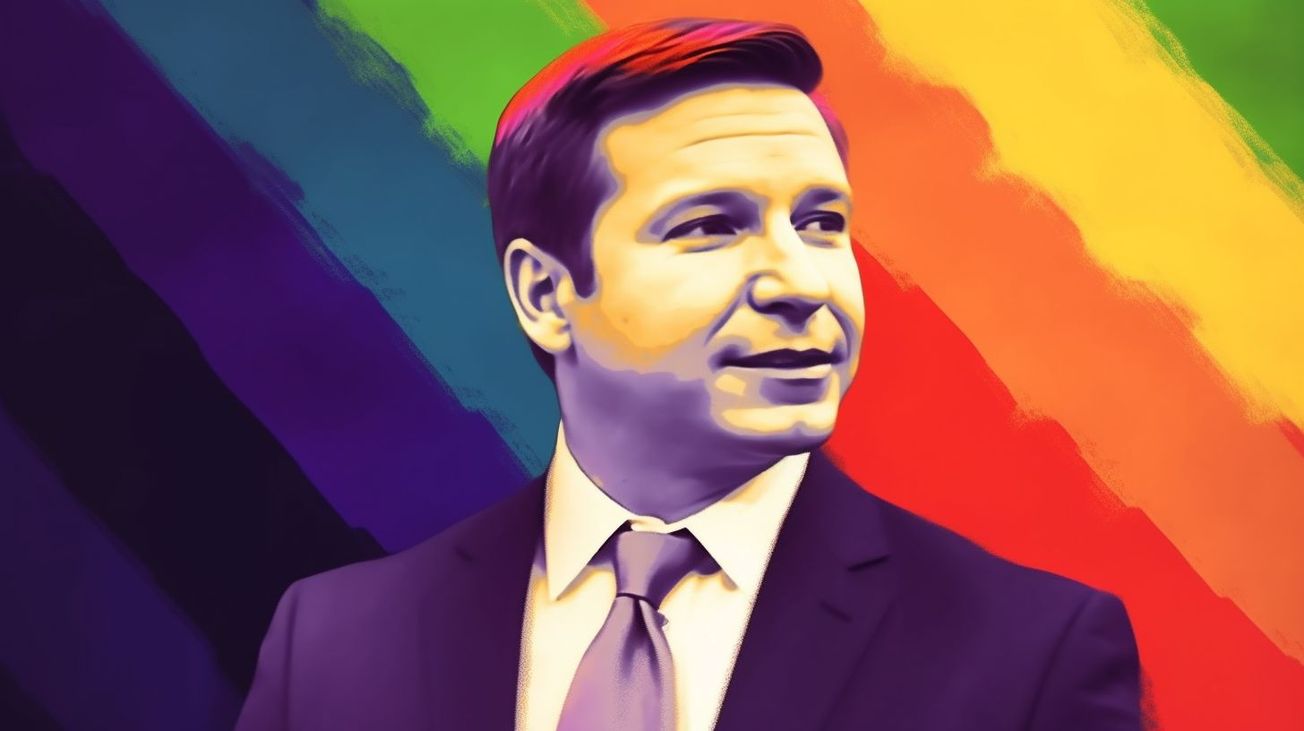The State Board of Education in Florida has voted unanimously to expand the state’s controversial 2022 Parental Rights in Education law, which critics have dubbed the “Don’t Say Gay” policy. The new rule applies to all public school teachers and bars them from providing instruction on sexual orientation or gender identity for students through the twelfth grade. If a teacher violates the prohibition, they could face suspension or revocation of their teaching licenses.
The expansion builds off of last year’s legislation that prohibited classroom instruction on sexual orientation and gender identity for Kindergarten through third-grade students. The amendment does not require legislative approval and goes into effect on June 1st of this year.
While Governor Ron DeSantis is widely expected to run for President, his political actions regarding LGBTQ+ issues are drawing criticism. In addition to expanding the “Don’t Say Gay” law, Florida legislators are currently considering several bills seeking to prevent instruction on sexual orientation and gender identity until the eighth grade. Moreover, the House also passed a bill making it a felony to provide gender-affirming healthcare to minors.
Disney, along with other major companies operating in Florida, publicly opposed the restrictions outlined in the “Don’t Say Gay” laws. Representative Carlos Guillermo Smith pointed out that he had received calls from businesses looking to move out of Florida due to the contentious issue. Despite this opposition, Governor DeSantis has remained steadfast in his defensive response, recently describing criticisms as a form of “cancel culture.”
It remains unclear how Florida school districts plan to respond to the expanded “Don’t Say Gay” rule; however, many advocacy groups, educators, and allies have expressed disappointment over the board’s decision, stating that it effectively silences important topics related to inclusivity and support for LGBTQ+ youth. Critics argue that the ban unfairly suggests that discussing sexual orientation or gender identity is inappropriate and sends dangerous messages to vulnerable students struggling with their own identities.
Ron DeSantis expands 'Don't Say Gay' law to all public school students
The State Board of Education in Florida has voted unanimously to expand the state’s controversial 2022 Parental Rights in Education law, which critics have dubbed the “Don’t Say Gay” policy.






